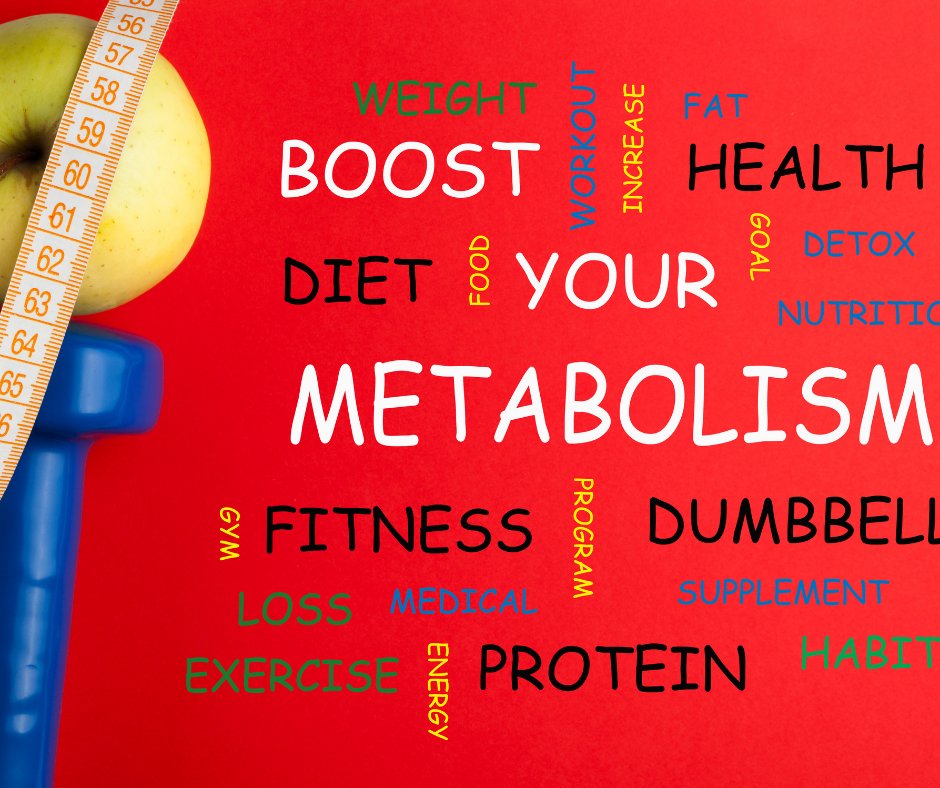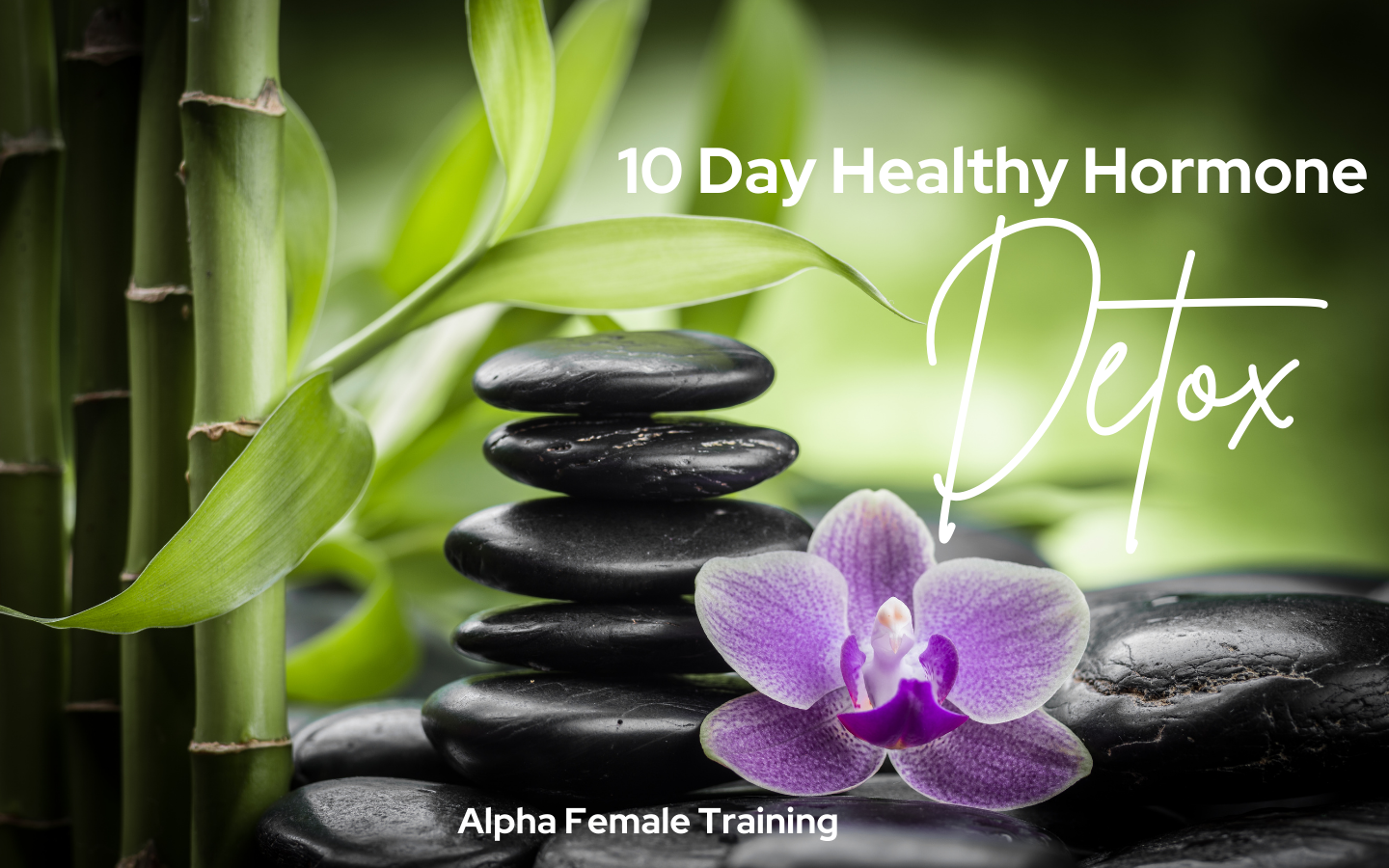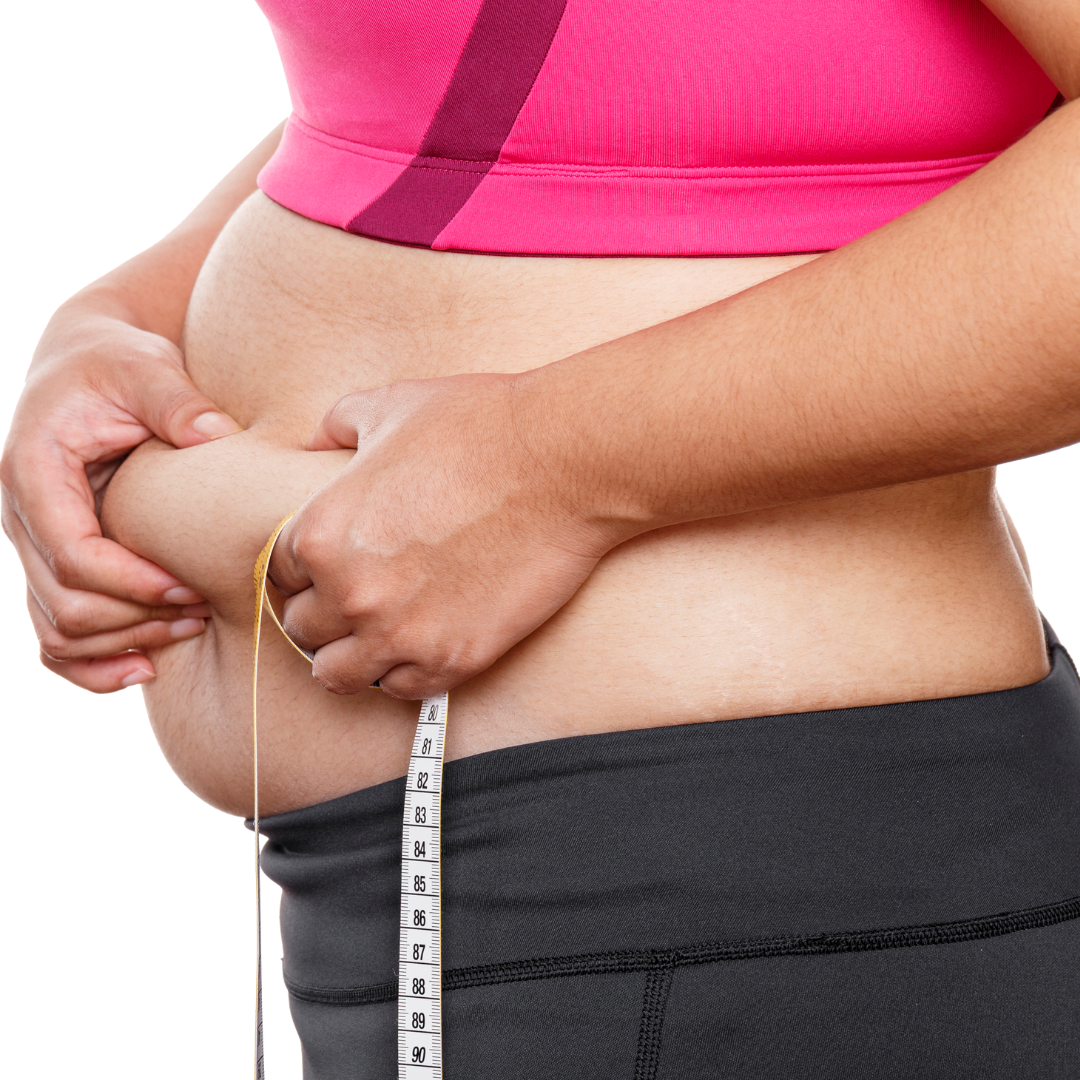Protein For Weight Loss
Hey there! Did you know that the word "protein" actually comes from the Greek language and means "of first importance"? Pretty cool, right? Did you also know how vital protein for weight loss is?
Now, let's talk more about why protein is so important for us. Protein is a type of nutrient that not only gives us energy but also helps with growth and repair in our bodies. It's like the building blocks that make up many important parts of our bodies like tissues, hormones, and enzymes.
But did you know that protein can also help with weight loss? While there's a lot of debate about what types of nutrients are best for weight loss, most experts agree that protein is a key player.
In fact, it's recommended that we eat around 0.8 grams of protein per pound of body weight per day. So if you weigh 150 pounds, that would be about 120 grams of protein per day. Eating enough protein can help you not only lose weight but also maintain that weight loss over time.
So if you're on a journey towards better health, be sure to include plenty of protein in your diet. It's a simple and effective way to support your body's growth, repair, and weight loss goals! In addition to protein for weight loss read on for all of the other benefits.
Protein will boost your metabolism
Let's talk about how you can rev up your metabolic rate, or the rate at which your body burns calories.
Think of your metabolism like a fire inside your body. Adding more protein to your diet is like pouring fuel on that fire.
Your body actually uses a lot of energy to digest protein-rich foods, which means that regularly eating larger amounts of protein can increase your metabolic rate. In fact, the thermic effect of feeding is about 20-30% for protein, compared to just 5-10% for carbohydrates and fats.
Research has even shown that increasing your protein intake to just 29% of your total calorie intake per day can increase your metabolic rate by 212 calories per day. That's like going on a 45-minute brisk walk!
To really get the most out of this metabolic boost, it's important to consume protein at regular intervals throughout the day. Instead of just having one large protein-rich meal, aim to include protein at breakfast, lunch, snacks, dinner, and even before bed. This way, you can keep your metabolism revved up and burning calories all day long and that protein for weight loss will give you results you are looking for.
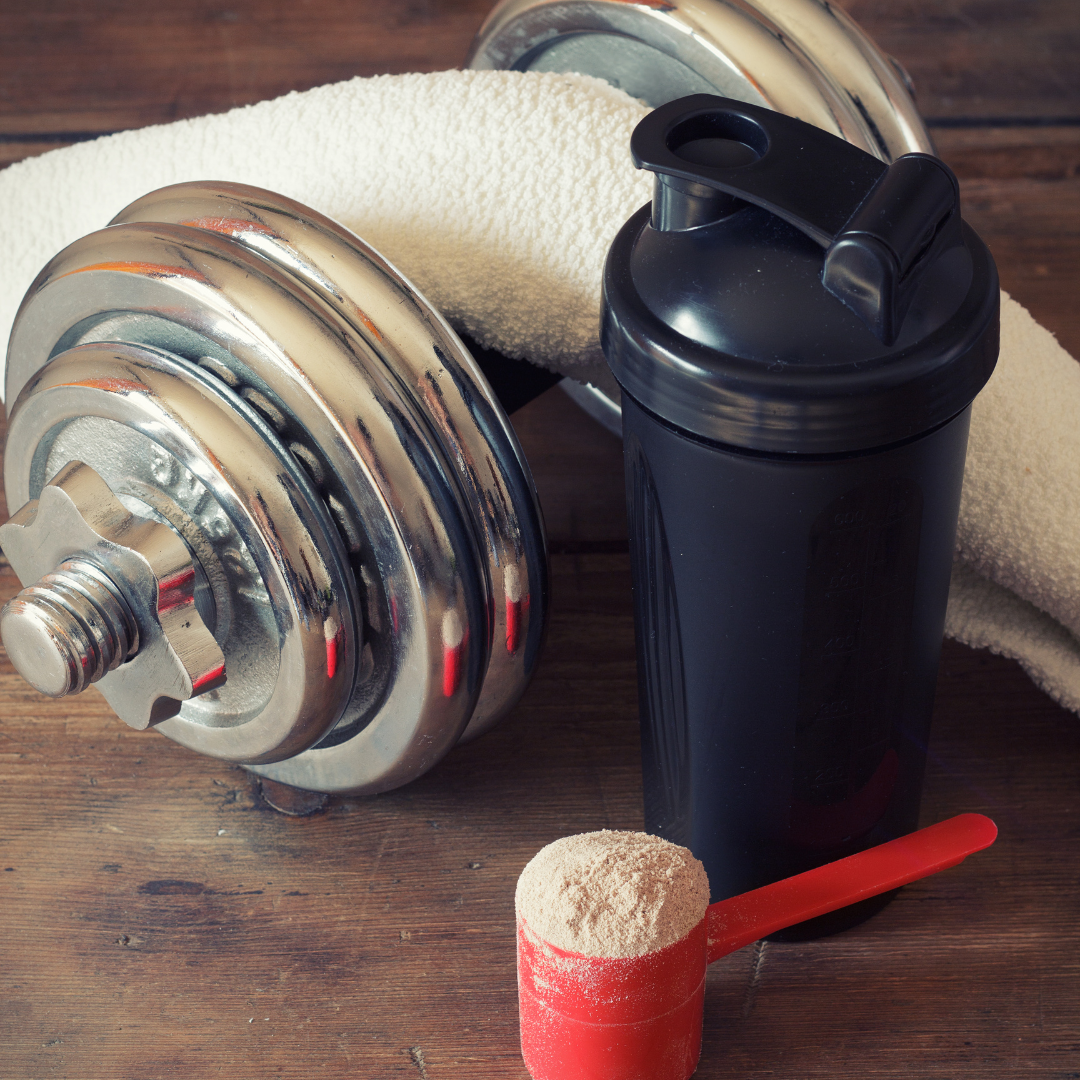
Protein reduces cravings and hunger
Did you know that protein is actually the most filling macronutrient? That's right - it can help prevent hunger, cravings, and that pesky "cookie monster" feeling that often creeps up on us.
Protein works its magic by increasing hormones like PYY and GLP-1, which send signals to our brains telling us that we're full and satisfied, and that we don't need to eat anything else. At the same time, protein reduces the production of ghrelin, which is known as the "hunger hormone."
In fact, one study showed that increasing protein intake to 30% of total daily calories actually reduced energy intake by a whopping 441 calories per day. That's pretty amazing!
Similarly, when people drank a whey protein shake an hour before going to a buffet, they ate 193-215 fewer calories than if they hadn't consumed the shake. This is all thanks to the filling effect of protein and the clear signals it sends to our brains.
So if you're looking to keep hunger at bay and avoid those pesky cravings, be sure to include plenty of protein for weight loss in your diet. It's a simple and effective way to feel full, satisfied, and in control of your food choices.
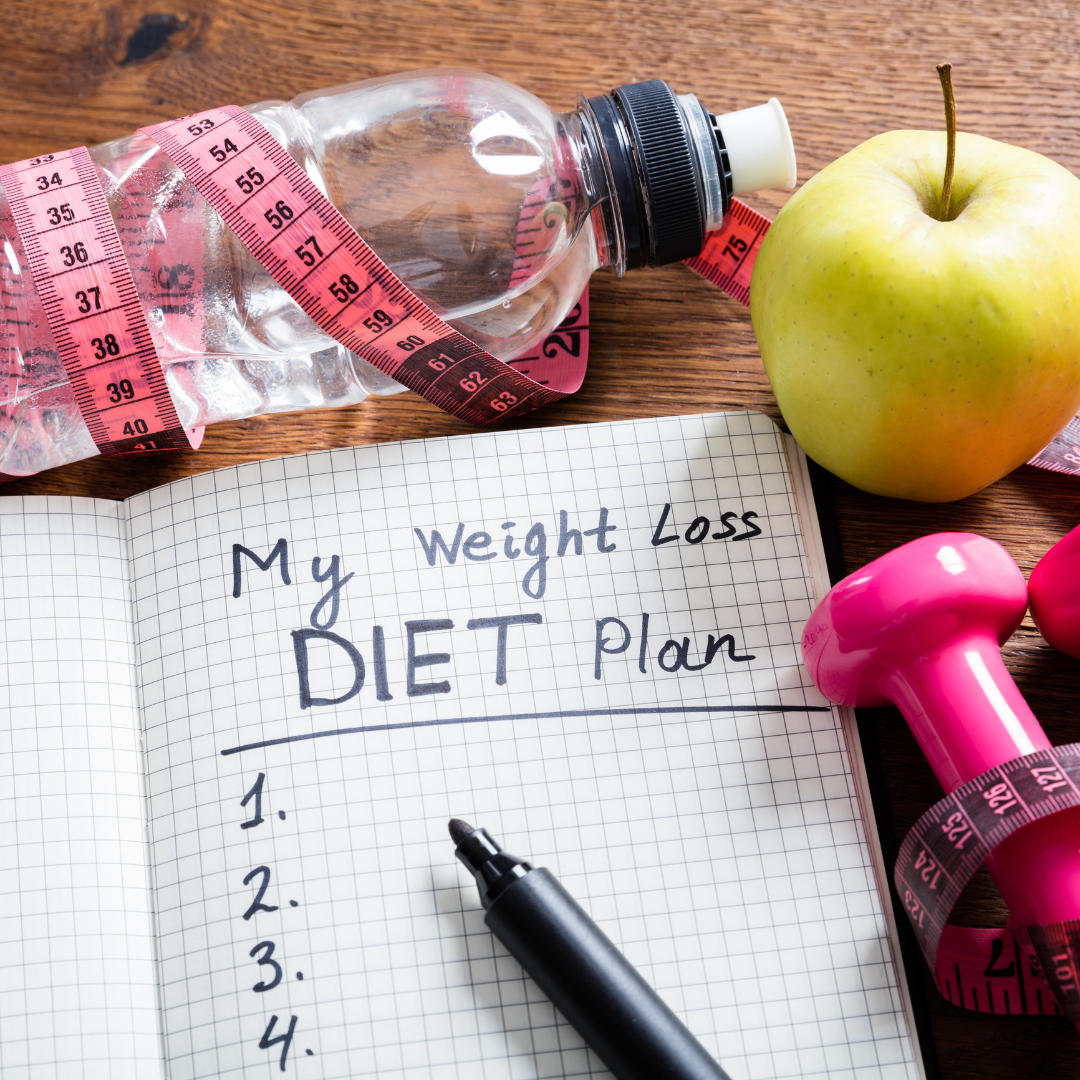
Protein helps to keep and build muscle
Did you know that high protein diets can actually help stimulate the growth and repair of muscle tissue? But don't worry - increasing your daily protein intake won't turn you into a bulky bodybuilder. Instead, it can help you develop a toned, defined physique that actually burns more calories.
You see, muscle tissue is metabolically active, which means it burns more calories than other tissues (like fat). By increasing your protein intake and doing some form of resistance training multiple times a week, you can build more muscle mass and further support your body's calorie-burning power.
Now, it's important to note that the impact of muscle mass on calorie burning isn't enormous - lean muscle only burns around 6 calories per pound at rest. However, when you consider the other benefits of protein (like its effects on metabolic rate and appetite), increasing your muscle mass is definitely a good idea.
So if you're looking to develop a toned, defined physique and burn more calories, be sure to include plenty of protein in your diet and incorporate some resistance training into your routine. Your body (and your metabolism) will thank you for it!
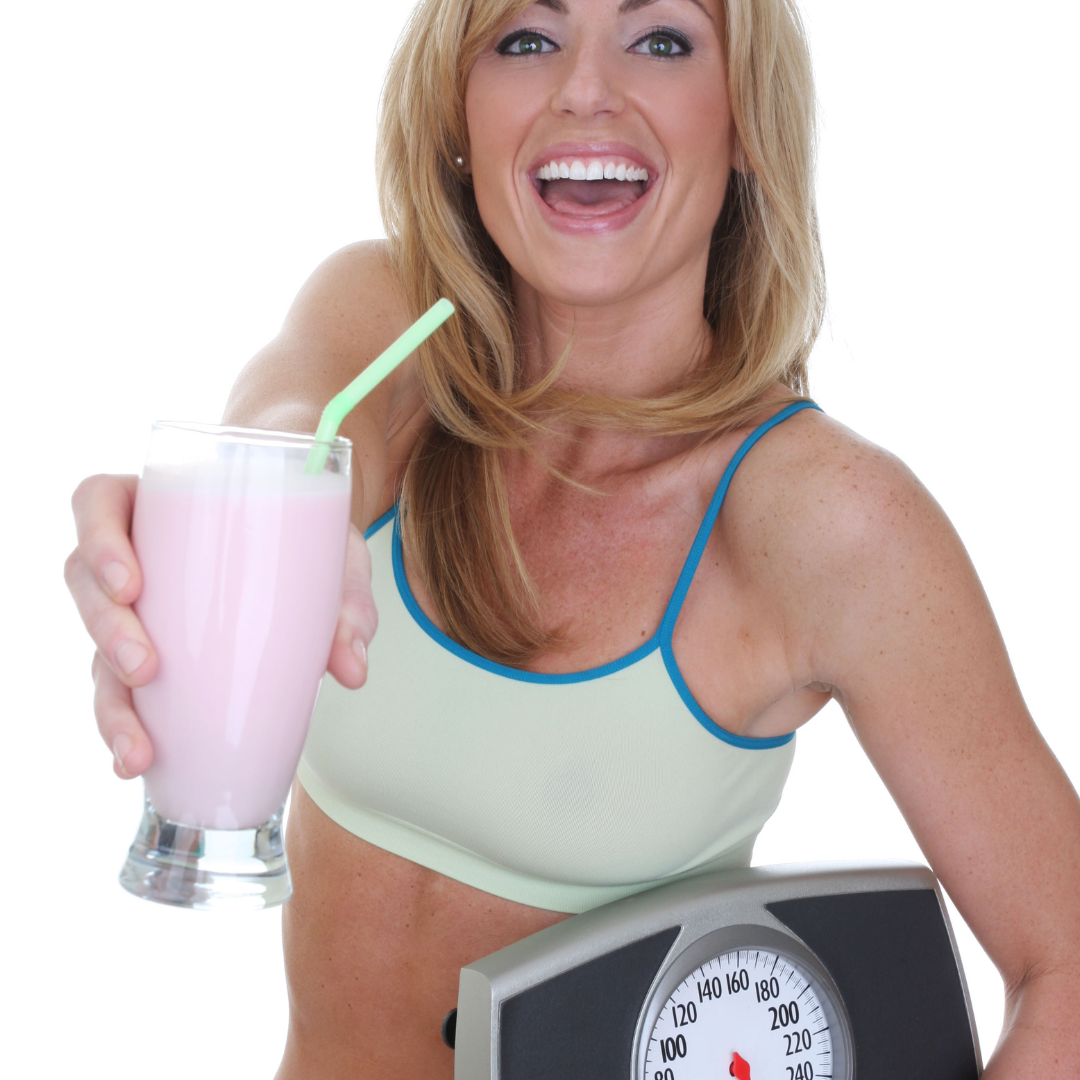
Protein helps to stabilize energy and blood sugar
Including protein in your diet can help you maintain stable blood sugar levels, especially if you have type 2 diabetes. This is important because unstable blood sugar levels can lead to low energy, mood swings, irritability, poor decision-making, and cravings.
When you consume protein along with foods rich in fiber, it is the perfect combination to keep you feeling full for a longer time, and stabilize your energy levels. This, in turn, can optimize your mood and help you avoid making impulsive food choices.
Protein can help increase your happy hormones
Protein is not just a building block for bodily tissue, it also plays a crucial role in the production of hormones, including the "happy hormone" serotonin. Serotonin is produced from the amino acid tryptophan, which is found in protein.
Serotonin has been shown to have a significant impact on mental health by reducing anxiety, promoting positivity and relaxation, and improving sleep. Serotonin deficiency, on the other hand, has been linked to depression, anxiety, and other issues that can make it harder to stay motivated and maintain a healthy lifestyle.
That's why it's important to make sure you're getting enough protein in your diet to support the production of this vital hormone and keep your mood and overall well-being in check.
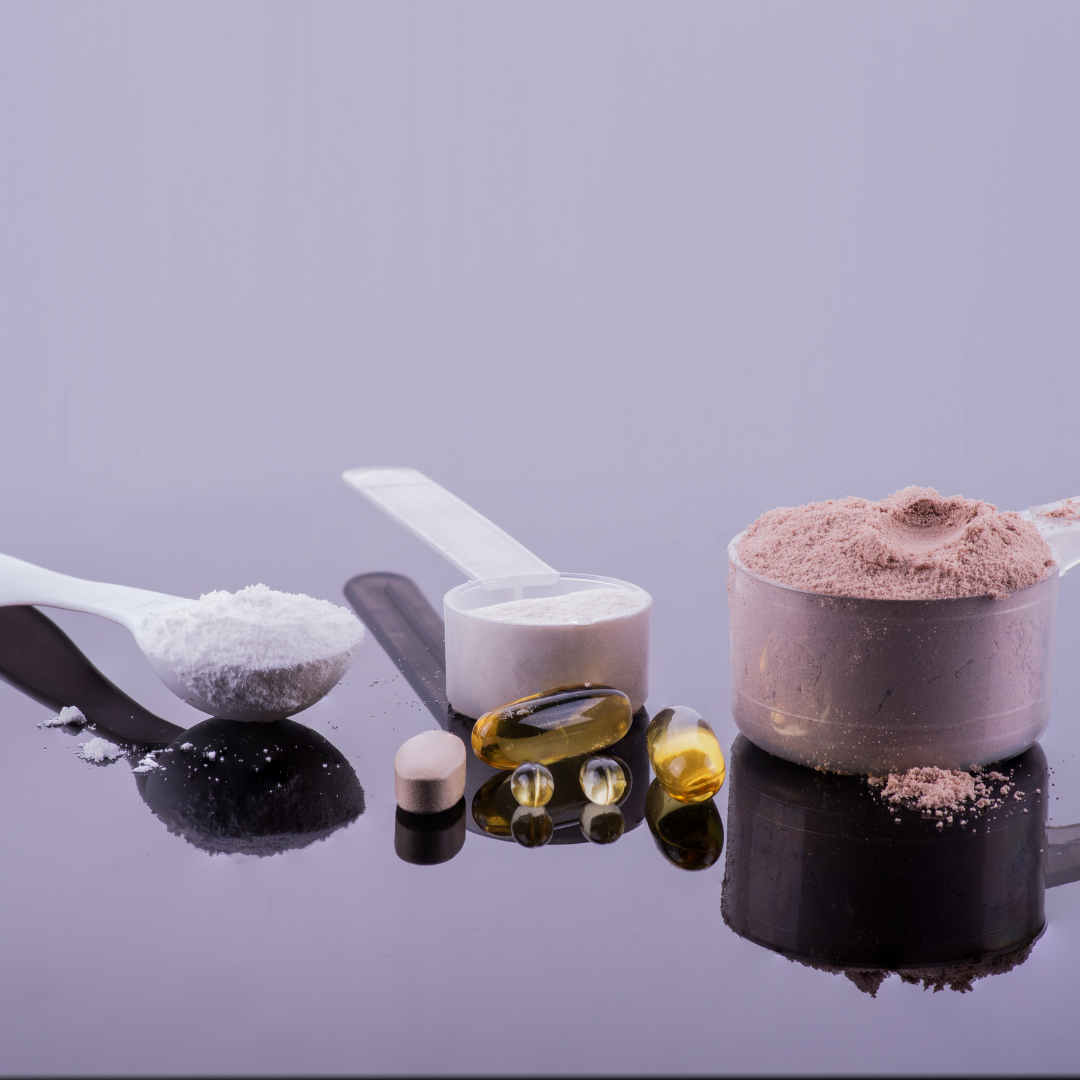
How much protein for weight loss?
Now that we understand the importance of protein, let's discuss effective ways to increase our daily protein intake.
Aim for a total daily protein intake of 0.8 - 1.0 grams per pound of body weight or 30-40% of total daily calories, split over 3-5 meals for optimal calorie burning. Great sources of protein include meat, fish, shellfish, dairy products, beans, pulses, and supplements like whey protein.
To meet the target of 120 grams of protein per day and 30 grams of protein per meal, here are some protein-rich foods and their corresponding protein content:
- Steak = 40 grams
- Chicken breast = 30 grams
- Can of tuna = 30 grams
- Scoop of whey protein = 26 grams
- Salmon fillet = 25 grams
- Cod fillet = 22 grams
- Fat-free Greek yogurt = 15 grams
- Beans (½ cup) = 8 grams
- Low-fat milk (16 oz) = 7 grams
To maximize the benefits of protein intake, consider following this timeline:
- Breakfast: 30 grams of protein from eggs, meat, Greek yogurt, or similar.
- Lunch: 30 grams of protein from meat, fish, shellfish, beans, pulses, or a combination.
- Snack: 30 grams of protein from eggs, Greek yogurt, protein shake, or similar.
- Evening Meal: 30 grams of protein from meat, fish, shellfish, beans, pulses, or a combination.
- Before Bed: Whey protein shake with low-fat or plant-based milk.
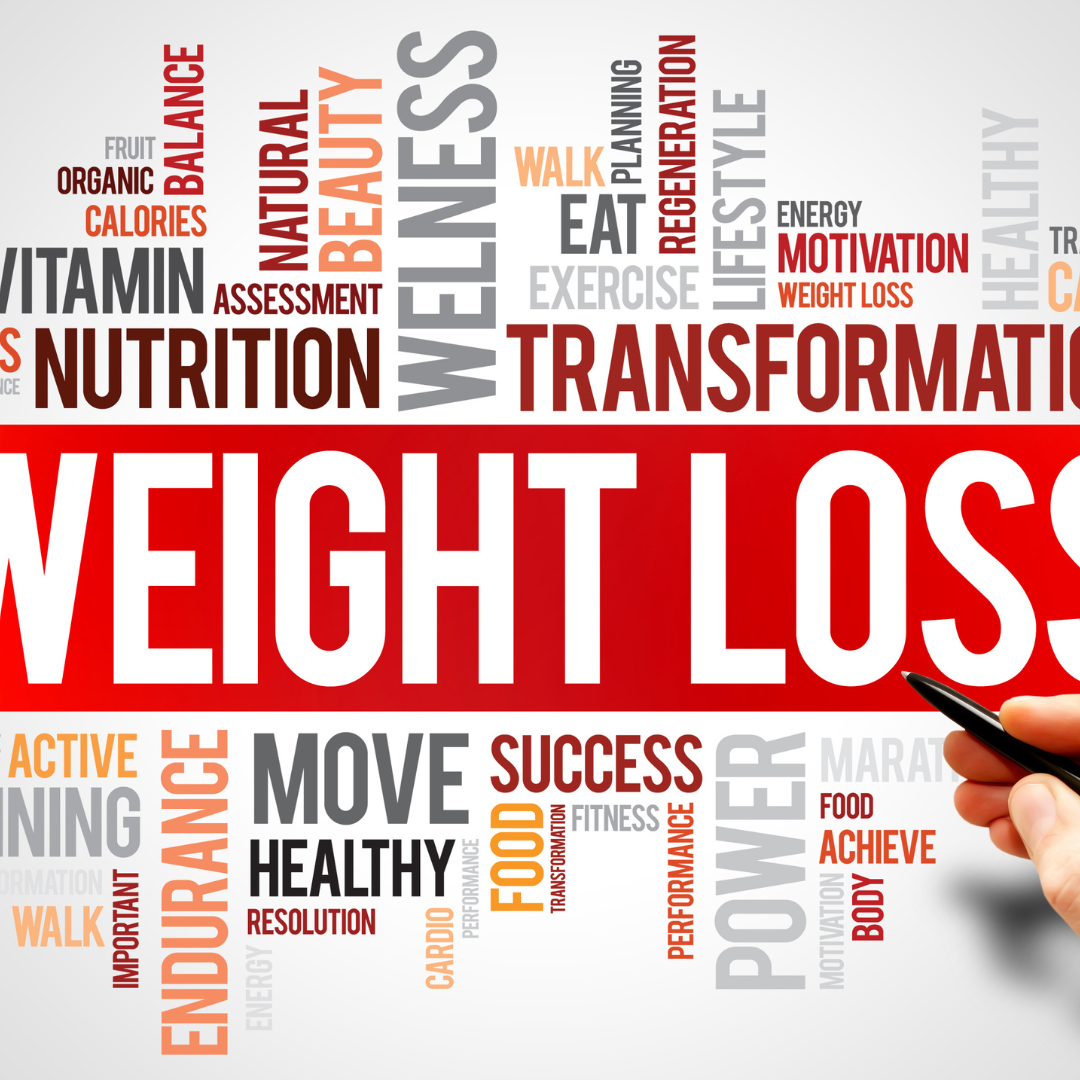
To achieve sustainable weight loss, incorporating protein into your diet is crucial. Protein not only boosts your metabolism, leading to more calorie burn throughout the day, but it also enhances satiety, curbs cravings, and helps you stay on track with your nutrition. Moreover, it improves energy levels, mood, and muscle tone.
Grab my High Protein Breakfast Recipes Here!
For a lot of my clients getting enough protein into their diet is the most difficult part but once they do - their body composition starts to change!

